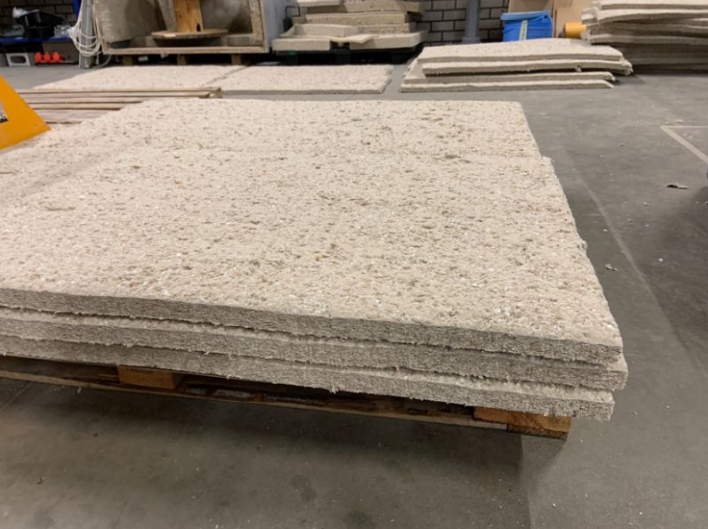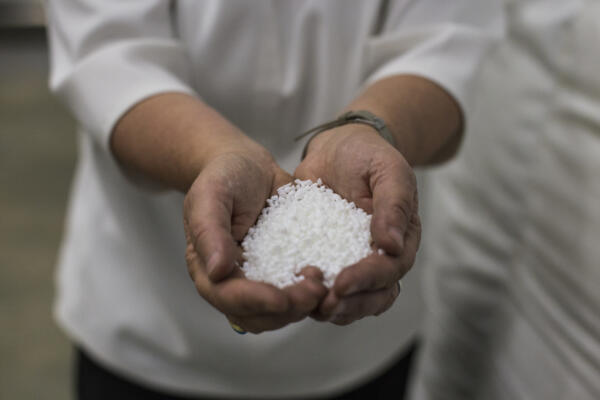Cyclin B.V.
Cyclin produces insulation panels that are 100% circular and based on cellulose fibres from residual flows of paper and cardboard. Cyclin insulation panels have excellent acoustic properties and are highly suitable for sound insulation or soundproofing. In addition, they can also be used as thermal insulation material.
The cellulose material also can absorb and release moisture, improving the room’s moisture balance. In this way, Cyclin contributes to a comfortable and healthy living environment in terms of noise, temperature and humidity.

"By upcycling old paper and cardboard into Cyclin insulation we also bring the materials cycle in line with the bionatural cycle."
CyclinA Circular and Sustainable Solution for Climate-Conscious Buildings
Cyclin’s panels are 100% circular. The company has no production waste and uses leftovers (even from their customers) to make new panels. Cyclin uses much less energy than is required for the production of traditional insulation materials, and the nitrogen, ammonia, and CO2 emissions of the product are negligibly low. In fact, Cyclin’s material stores 1 kg of CO2 per kg of material, and by using residual flows as raw materials, no new raw materials need to be grown, felled, harvested, or mined.
Moreover, Cycling is looking for customers with a strong vision of circularity and healthy buildings as well as partners in sales as well as experts who can navigate the (international) certifications and legislation regarding circular building materials.
Cyclin's Sustainable Impact
- Cyclin mitigates CO2 emissions with at least 1,59 kg CO2 per used kg material; every kg of Cyclin (cellulose fibres) stores 1kg CO2.
- For Cyclin material that is returned unspoiled as cutting waste or otherwise demolished panels, Cyclin pays up to € 1,05 per kg as feedstock cost because it will put the material back in the production process without any extensive pre-treatment.
- The database by Nibe Milieu states that cellulose fibres’ shadow costs are no more than € 0,43 per kg. In contrast, for traditional mineral or oil-based insulating materials, this increases from € 1,32 upward. Furthermore, using only very low temperatures in production compared to conventional materials, Cyclin has no or hardly any emissions of ammonia and nitrogen.
- When operating fully commercially, the Venlo plant can have an annual production capacity of 300.000 m2. This is projected to be effective by 2027.
- Cyclin contributes to the EU’s goals on circularity and provides customers with a solution also to meet those goals.



